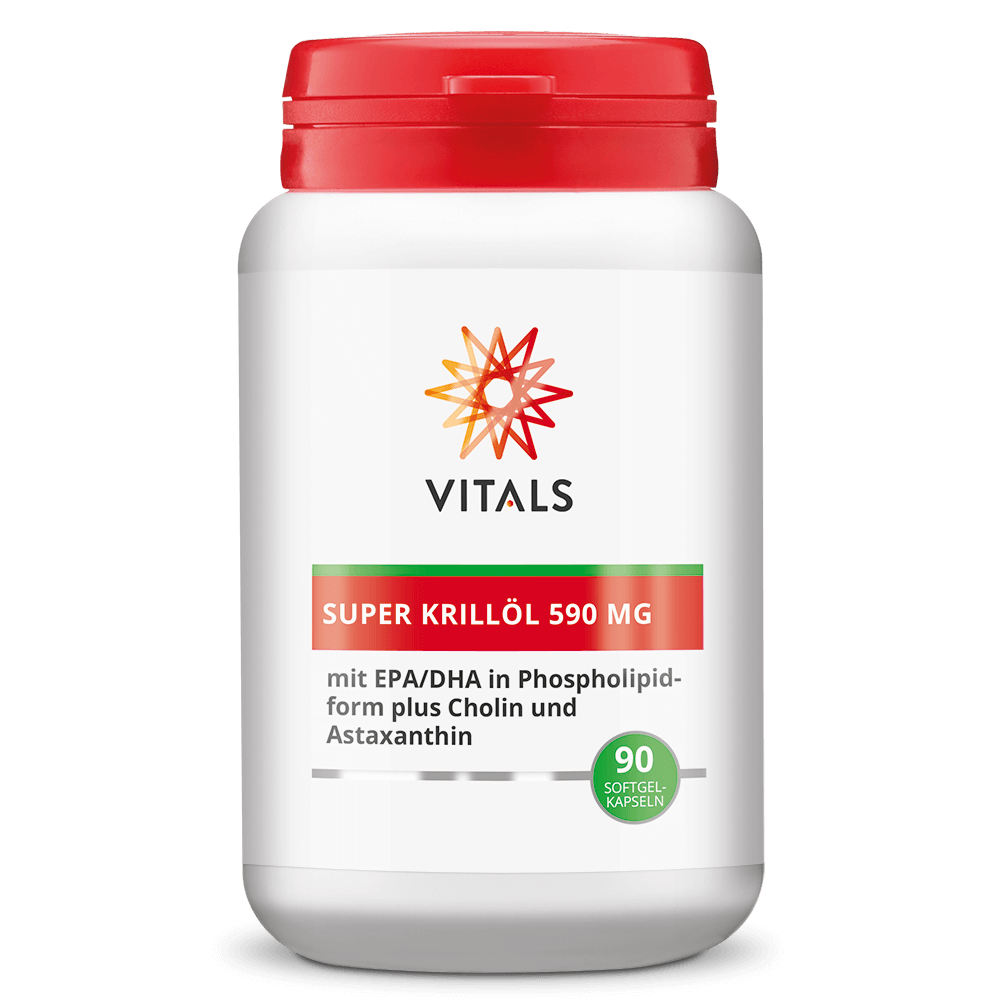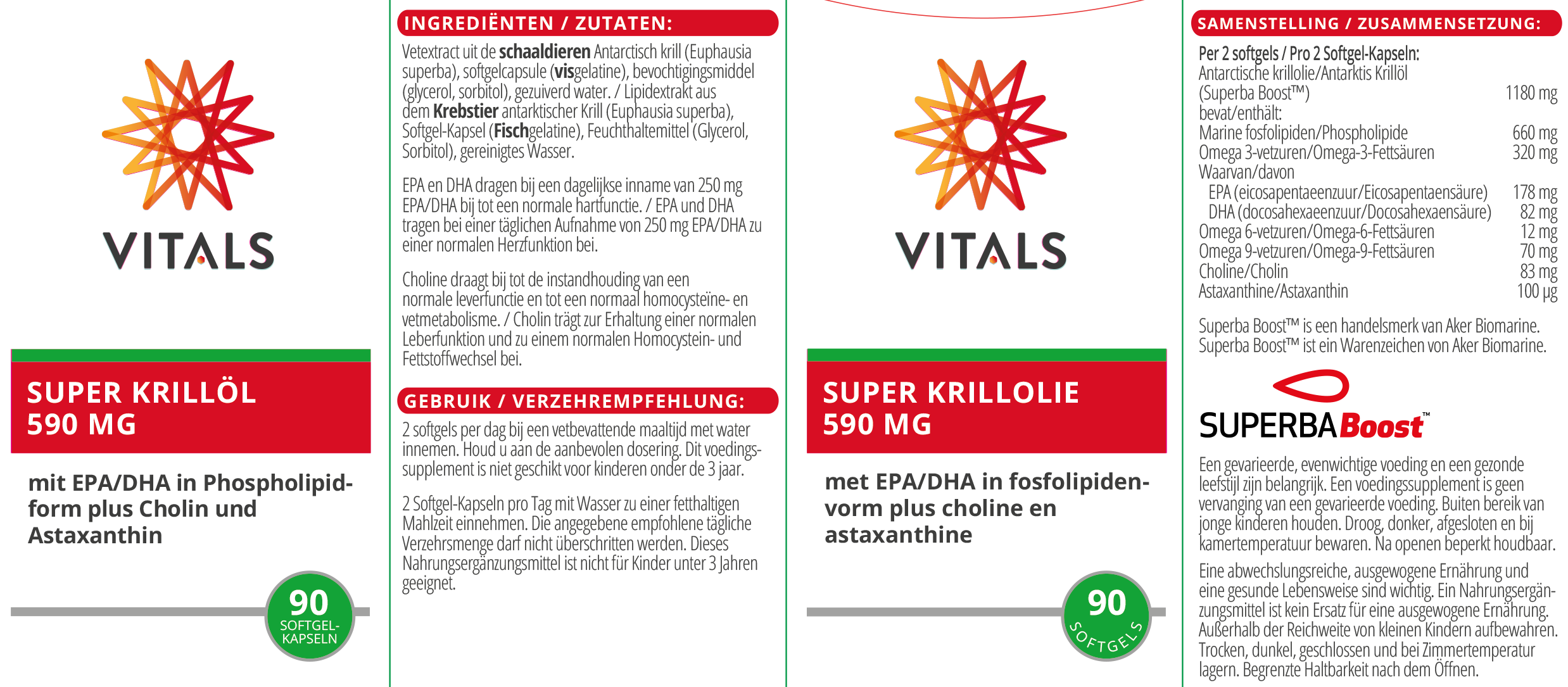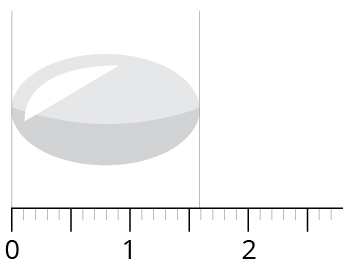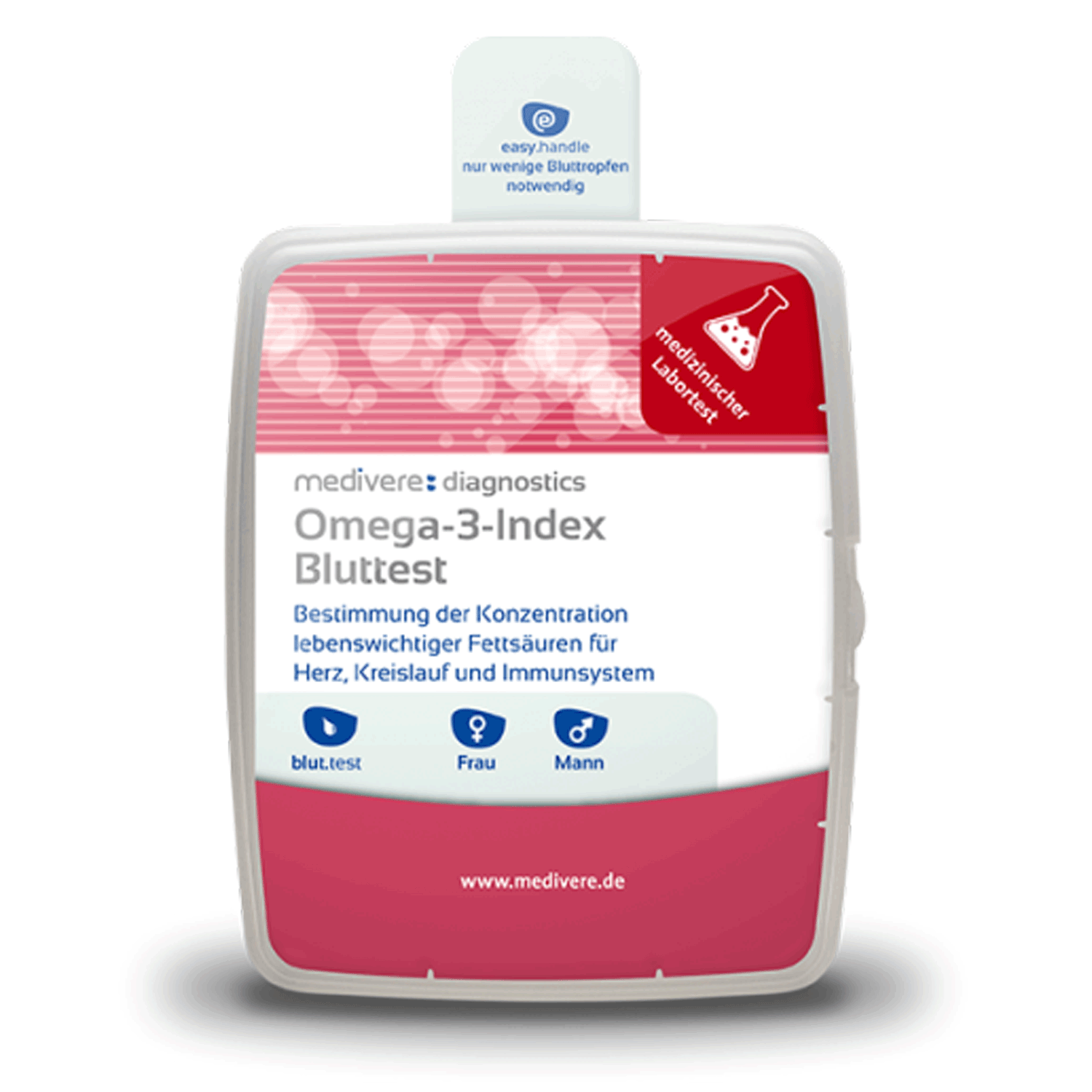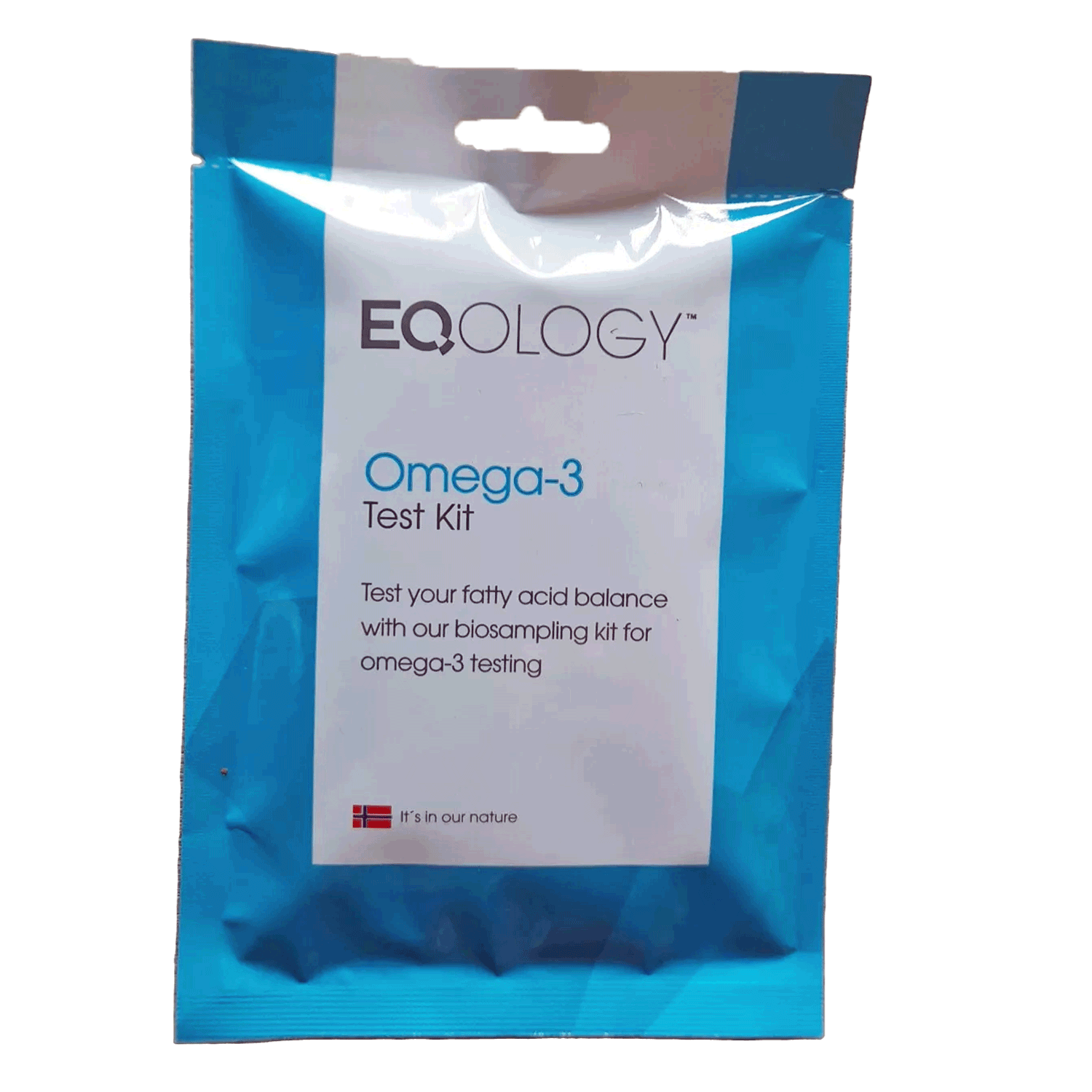- DHA and EPA from very fresh and pure krill oil
- In the unique and highly absorbable phospholipid form
- With naturally occurring choline and astaxanthin
| Quantity | Unit price | Base price |
|---|---|---|
| To 1 |
€39.90*
|
€539.19* / 1 Kilogramm |
| To 4 |
€38.00*
|
€513.51* / 1 Kilogramm |
| From 5 |
€36.00*
|
€486.49* / 1 Kilogramm |
Available in 3 days, delivery time 1-3 days
Super Krill Oil 590 mg from Vitals made from Euphausia superba, a small, shrimp-like crustacean
Krill live in huge shoals in the clear waters of the Antarctic. Krill feed on the algae growing under the Antarctic ice. The long-chain omega-3 fatty acids eicosapentaenoic acid (EPA) and docosahexaenoic acid (DHA), which are contained in krill and fish, originally come from algae. Krill oil is characterised by the fact that it contains EPA and DHA in the phospholipid form, which can be absorbed particularly easily by the body. With an appropriate EPA and DHA dosage, krill oil has a higher bioavailability compared to fish oil. In contrast to fish oil, krill oil also contains natural choline, which benefits the liver and helps to maintain the structure of cell membranes, among other things. Astaxanthin is naturally present in krill, albeit only in small quantities. This contributes to the beautiful, deep red colour of krill oil.
Heart healthy
The two omega-3 fatty acids EPA and DHA together have a beneficial effect on the heart. It is not without reason that the consumption of particularly fatty fish species, which are naturally high in EPA and DHA, has always been included in official dietary recommendations for a healthy diet. In practice, however, most people do not consume enough (oily) fish to reach the recommended daily intake of EPA and DHA. There are various reasons why these people do not reach the recommended daily intake. This can be problematic as fish is still our main source of EPA and DHA. The same official recommendations also indicate that it is better not to eat fish too often. This is because of the contaminants that fish can contain due to pollution (particularly dioxins, polychlorinated biphenyls (PCBs) and heavy metals such as methylmercury). High-quality, purified fish oil and krill oil supplements, which contain only small amounts or none at all of these contaminants, do not pose a problem in this respect. In order to maximise the health-promoting properties of these polyunsaturated long-chain fatty acids, more and more people are taking daily supplements of fish oil and krill oil preparations.
Phospholipid omega-3 fatty acids
The difference between krill oil and fish or algae oil lies in the form of the omega-3 fatty acids EPA and DHA. Long-chain fatty acids are present in fish and algae oil as triglycerides, whereas krill oil contains them in the form of phospholipids. (EPA and DHA are long-chain fatty acids.) Phospholipids are the main component of all cell membranes in our body. Because EPA and DHA in krill oil are already bound to phospholipids, they are more easily absorbed into the cell membranes. To achieve the same effect, food supplements containing krill oil may require a slightly lower dose of EPA and DHA than fish oil or algae oil supplements. In situations where the need for EPA and DHA is considerable, it is advisable to choose a product with a higher dosage due to the comparatively high price of krill oil.
Choline and astaxanthin
An additional advantage of krill oil compared to fish oil is that it naturally contains choline and a small amount of astaxanthin. Astaxanthin, a unique carotenoid with a distinctive red colour, is produced by krill and certain types of algae, among others.
As the body cannot produce sufficient amounts of choline, an important nutrient, it must be obtained mainly from food. Choline is an essential component of cell membranes, as it is found in phospholipids such as phosphatidylcholine and sphingomyelin. It also plays a role in fat metabolism: phosphatidylcholine, a choline derivative, is a component of VLDL cholesterol and is involved in the conversion and removal of fats from the liver. Choline is therefore important for a healthy and well-functioning liver. Choline is also necessary for betaine formation, as it is involved in the remethylation of homocysteine in the liver as a methyl donor. A regular homocysteine metabolism helps to maintain a normal homocysteine level in the blood.
Superba Boost™ from Aker Biomarine
is the brand name for the krill oil contained in Vital's Super Krill Oil 590 mg. Aker Biomarine is one of the global experts in food supplements containing krill oil. It is the only producer of krill oil that controls the entire process of harvesting and production itself. A key advantage is that Aker Biomarine can exercise strict control over the catching and processing of the krill to ensure that both are as sustainable as possible. A specially developed process is used to purify and concentrate the krill. This enables the production of a krill oil preparation with a consistently uniform composition and high quality. In addition, Superba Boost™ krill oil is tested for impurities and is characterised by its high level of freshness. This guarantees that it meets the highest standards. The Vitals product bears the name Super Krill Oil for a reason!
Authorised health claims:
- EPA and DHA contribute to normal heart function with a daily intake of 250 mg EPA and DHA.
- Choline supports normal fat and homocysteine metabolism.
- Choline has a positive influence on liver function and contributes to the maintenance of the structure of cell membranes.
Valuable ingredients
| Valuable substances* | per daily portion of 2 capsules |
| Antarctic krill oil (Superba Boost**) | 1180 mg |
| contains | |
| Marine phospholipids | 600 mg |
| Omega-3 fatty acids | 320 mg |
| - of which DHA (docosahexaenoic acid) | 82 mg |
| - of which EPA (eicosapentaenoic acid) | 178 mg |
| Omega-6 fatty acids | 12 mg |
| Omega-9 fatty acids | 70 mg |
| choline | 83 mg |
| Astaxanthin | 100 µg |
* No reference quantity according to LMIV specified. Superba Boost is a brand of Aker Biomarine.
Ingredients
Lipid extract from the crustaceanAntarctic krill (Euphausia superba), softgel capsule (fish gelatine), humectant (glycerol, sorbitol), purified water.
Recommended dosage
Take 2 softgels daily with a fat-containing meal and water. For pregnant women 1 or 2 softgels per day, depending on diet and omega-3 status. Breastfeeding women and adults aged 50 and over: 2 softgels per day.
Please note
This food supplement is not suitable for children under 3 years of age (legally required information for food supplements containing astaxanthin). Do not use in combination with other products containing astaxanthin.
Storage instructions
Store in a cool, dry place away from light (not in the refrigerator).
Legal information
The recommended daily intake must not be exceeded. Food supplements are no substitute for a balanced and varied diet and a healthy lifestyle. Store out of the reach of small children.
| Administration: | In gelatine capsules. |
|---|---|
| Application: | Eyes , Brain , Heart & Vessels |
| Product Type: | Dietary supplements |
| Allergens: | Crustaceans , Fish |
| Bezeichnung des Lebensmittels: | Nahrungsergänzungsmittel mit Fischöl |
Vitals, unsere neue Marke ab 2025
Wir sind ständig auf der Suche nach Marken, die unsere Ideale repräsentieren: Höchste Qualität, konsequentes Weglassen überflüssiger Zusatzstoffe wie Titandioxid oder Schweinegelatine, sehr gute Preis-Leistungs-Verhältnis und absolute Zuverlässigkeit bei der Lieferung an uns und damit auch an die Kunden.
Das ist sehr schwer, weil solche Firmen enorm selten sind, unter der Masse an Herstellern von Nahrungsergänzungsmitteln, die inzwischen auf dem Markt sind. Aber wir haben es wieder geschafft, fündig zu werden, mit Vitals aus den Niederlanden!
Anschrift des Herstellers: Vitals Voedingssupplementen BV, Pieter Lieftinckweg 29, 1505 HX Zaandam, Niederlande. E-Mail: kundendienst@vitals.eu.

Login

